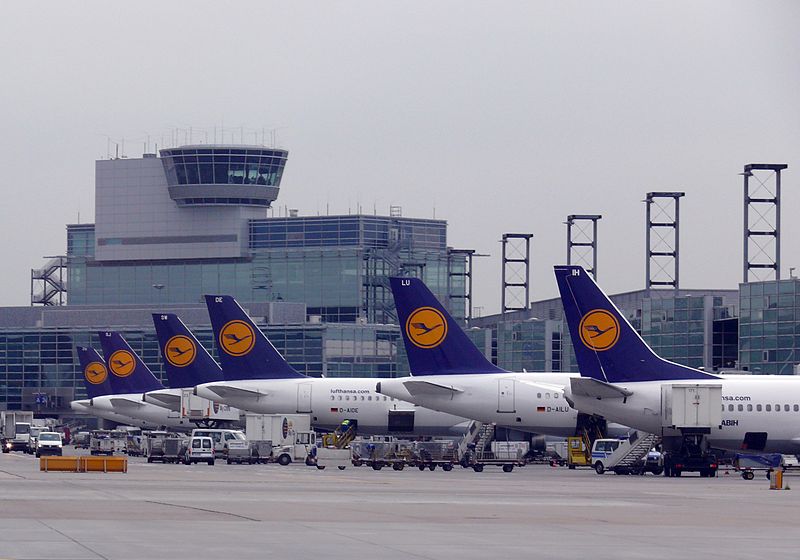The international aviation industry is suffering a lot of damage due to the continuing spread of the coronavirus.
The Chinese market has completely collapsed and many European and American airlines are taking measures to get through the next few weeks without too much financial damage.
In China, 2 out of 3 airplanes have not been flying for some weeks now. From the end of January to the middle of February, the number of passengers was reduced by 70%, meaning over 200,000 flights have disappeared from the flight schedule.
The International Air Transport Association (IATA) calculated that the coronavirus would cost the sector up to €30 billion, and expects the aviation sector to shrink by 4.7% due to the coronavirus in 2020, according to a press release. This would mean that, for the first time since the financial crisis in 2008-2009, the sector would not grow.
Initially, the problems mainly affected Chinese and other Asian airlines, but since the virus has been more prevalent in Europe, many airlines are taking measures, and are even speaking of the "biggest crisis in international aviation in decades," reports VRT.
Related News
- Asian tourism could lose over $100 billion to Coronavirus
- Coronavirus cost Air France-KLM up to €200 million
- Brussels Airlines says bookings down amid coronavirus outbreak
In Europe, the German airline company Lufthansa, as well as its subsidiary companies Austrian Airlines and Swiss, have scrapped all flights to China. The company is giving its staff the option to take unpaid leave, has stopped training new cabin crew members and is putting some internal projects (temporarily) on hold.
Lufthansa is also the parent company of Brussels Airlines, but it is not yet clear what measures will be taken. "It is not yet possible to determine what the exact impact of current developments will be on profits," the airline said. Currently, 13 of its long-haul aircraft are on the ground in Germany.
KLM and its sister company Air France have also taken measures, and the aviation group assumes the financial impact of the virus could soon exceed €200 million.
"Airlines take difficult decisions to reduce capacity, for example, or in some cases even eliminate entire routes," said Alexandre de Juniac, IATA's CEO, reports L'Echo. "Fuel prices have fallen, which may make up for that, but it's going to be a very difficult year for airlines anyway," he added.
Most airlines have cancelled flights up until mid or end-March, and an extension of that period could make the situation much worse for many of them.
Maïthé Chini
The Brussels Times

